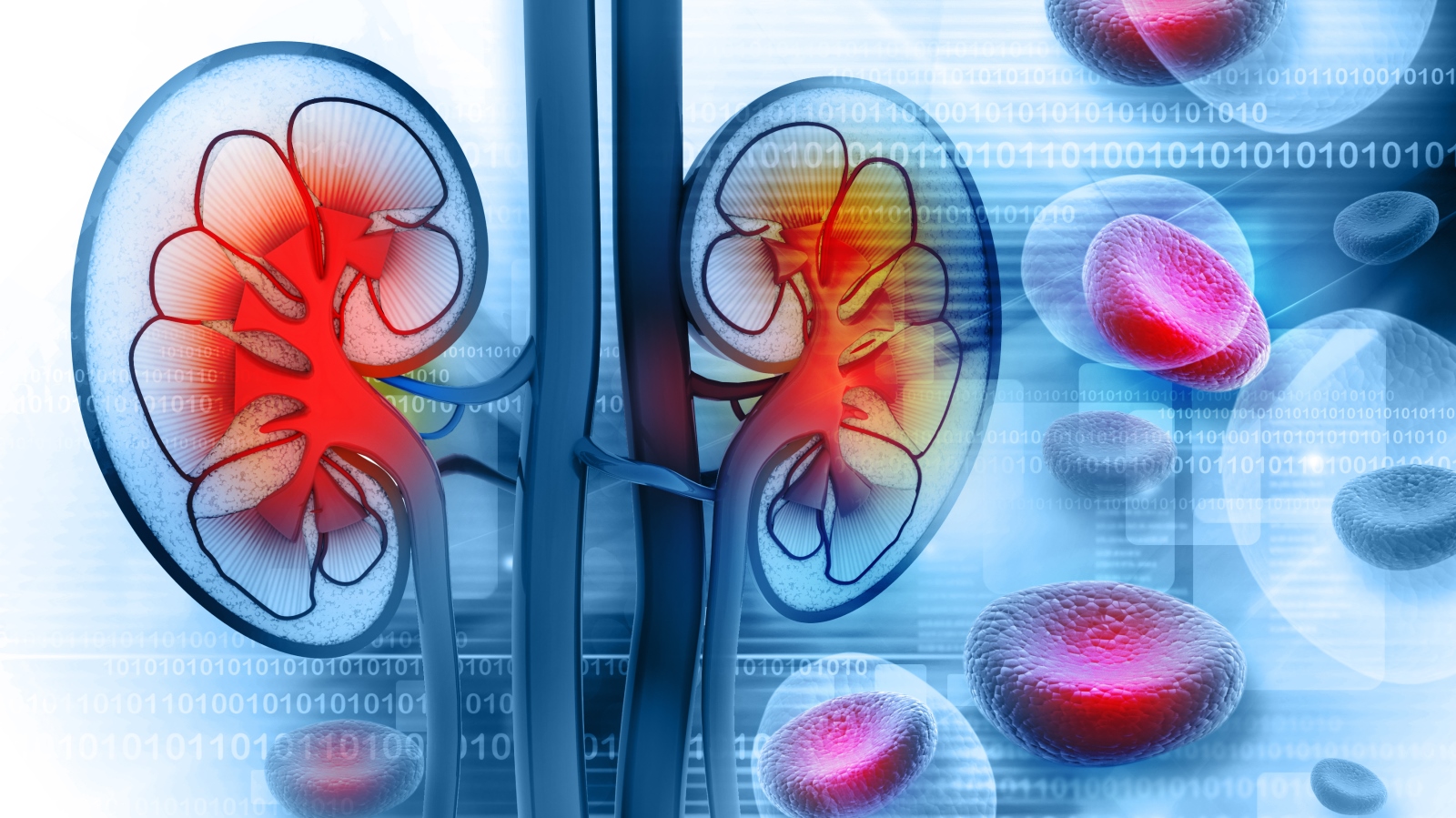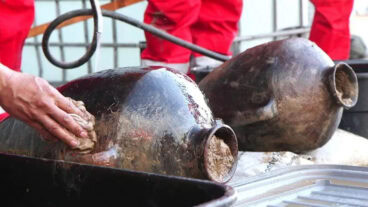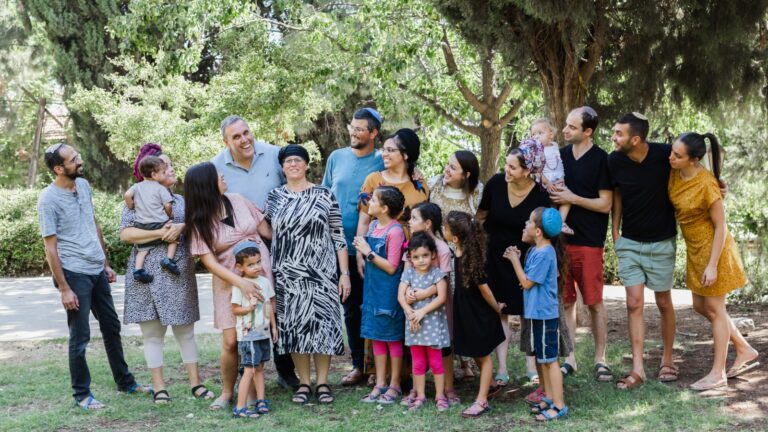The number of live kidney transplants performed per year in Israel has nearly tripled since 2010. A new research paper co-authored by Prof. Meni Koslowsky, a psychology professor at Ariel and Bar-Ilan universities, claims that the majority of that growth is coming from the Orthodox Jewish population.
Koslowsky and his colleagues wonder whether the results can be replicated in other countries through similar faith-based initiatives.
Live transplants are greatly preferred over donations from someone who has died. The transplant can be planned and the number of kidneys available can be increased through educational and outreach programs.
The need for such an increase jumped in 2008 when an international agreement known as the Declaration of Istanbul came out in support of prohibiting organ trafficking and “transplant tourism.”
The Istanbul Declaration resulted in a decrease in the number of Israelis obtaining kidney transplants overseas and a subsequent increase in the number of patients on the waiting list.
Religious Israelis have long had an ambivalent relationship to the concept of organ donation. Historically, many (although not all) rabbinic authorities rejected the use of organs for transplantation from deceased donors. At the same time, most rabbis encourage living kidney donation.
Nonprofit organization Matnat Chaim (“Gift of Life” in English) was established in 2009 to educate potential donors from the Orthodox Jewish community on the risks and benefits of “altruistic” (that is, non-obligatory) live kidney donation.
On a budget of just $1 million a year, Matnat Chaim has advertised on radio, television, in newspapers and on the Internet. The organization helps donors navigate the health system and refers them to physicians with particular experience in advising kidney donors.
The results: while the number of kidneys from deceased donors increased slightly in the first six years of the past decade – from 87 in 2010 to 115 in 2016 – the number of live kidney donors jumped from 78 to 222 in the same time period.
The paper also reveals that, while only 27 percent of live donors in 2011 were referred by Matnat Chaim, by 2016 that number had increased to 55 percent – a majority of all kidney donations in the country. By the end of 2016, Matnat Chaim had facilitated a total of 494 live kidney donations.
The paper goes into details on what Matnat Chaim is doing right, including techniques such as “non-argumentative influence” and the “messenger effect” – the use of influential figures such as rabbis to give the kidney donation message greater weight.
There’s still work to be done: 847 individuals were still on the Israel kidney transplant waiting list at the end of 2016, the researchers point out. That’s 13 percent of the total number of patients being treated with renal replacement therapy (dialysis).
“The emergence of a faith-based organization in Israel, whose purpose is to arrange living donor kidney transplantation … represents a new development of advocacy for individuals with kidney disease that might garner wider activity,” Koslowsky writes.
The paper will be published later this year in the journal BMC Nephrology.

















